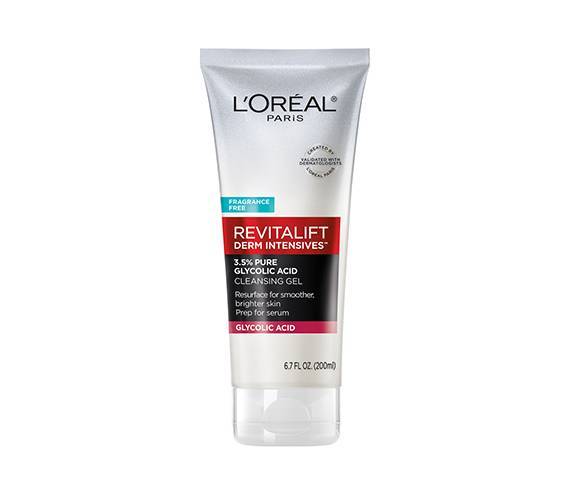Here’s Why Sebum Actually Good for Skin
January 11, 2022If you have oily skin, you might try everything in your power to get rid of every drop of oil on your face, but your skin actually needs a certain amount of it to stay moisturized. That oil is called sebum. To give us the lowdown on sebum, why your skin needs it and how to control it when your skin produces too much, we consulted with Dr. Alicia Zalka, a board-certified dermatologist based in Connecticut.
What Is Sebum?
“Sebum is a waxy substance made up of fats that is produced by sebaceous glands of the skin,” says Dr. Zalka. It helps lubricate the skin to make it feel softer and moisturized. Dr. Zalka explains that the number and size of sebaceous glands vary, but they are most commonly found on the forehead, chin and scalp.
Why Your Skin Needs Sebum
“The desired function of sebum is the maintenance of the skin barrier function,” says Dr. Zalka. “It allows the skin to retain moisture while preventing invasion from outside irritants.” It also acts as a protective coating that helps prevent dryness and reduce the appearance of aging, all while keeping your skin moisturized.
How Much Sebum Is Normal?
According to Dr. Zalka, the amount of sebum output varies with gender and age and is linked to hormonal variations. “Teen males tend to have the most sebum while postmenopausal women have the least,” she says. With that said, you can tell if your skin produces too much sebum if you have an oily skin type, acne, rosacea or folliculitis.
How to Control Excess Sebum
You can control the amount of sebum produced with different topical skincare products. Dr. Zalka recommends searching for ingredients like retinol, alpha-hydroxy-acids (AHAs) and beta-hydroxy-acids (BHAs), which are known to temporarily reduce sebum at the surface of the skin. If you need recommendations, we love the L’Oréal Paris Glycolic Acid Cleansing Gel, which is formulated with glycolic acid (an AHA) to gently exfoliate the skin, promote cellular turnover and a clear complexion.

Make sure to moisturize your skin using an oil-free formula, like the Vichy Normaderm Phytoaction Acne Control Daily Moisturizer. It’s formulated with salicylic acid (a BHA), vitamin C and hyaluronic acid to hydrate the skin while targeting excess oil and potential acne blemishes.
Photo: Chaunte Vaughn
Read More:
Sebaceous Filaments Vs. Blackheads: What's the Difference?
This Is What’s Actually Coming Out of Your Pimple When You Pop It


